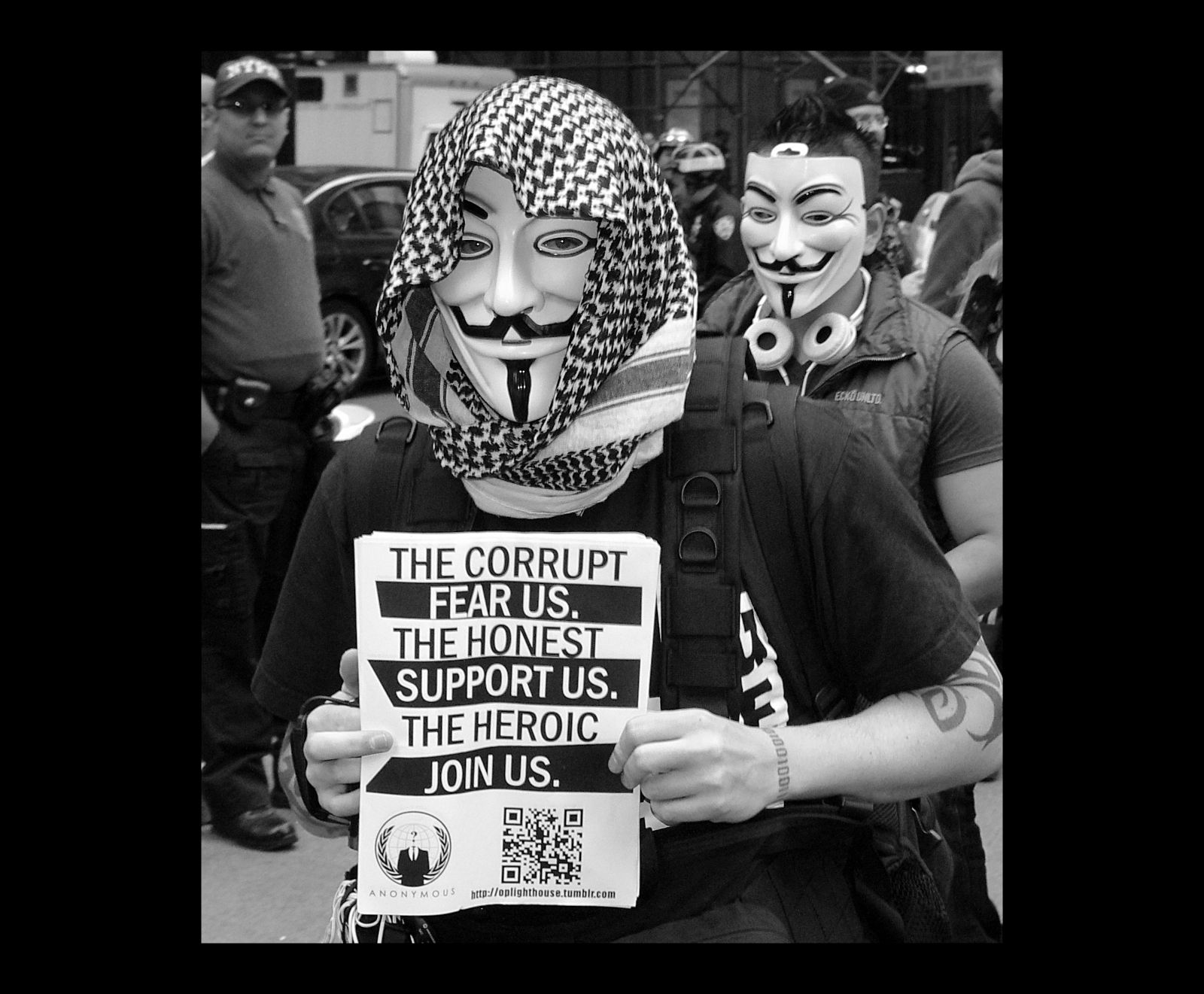Bitcoin for Activism

Bitcoin for Activism, General Use:
- Offers freedom from financial repression and surveillance.
- Increasingly used in emerging markets and authoritarian regimes for day-to-day transactions and as a protest tool.
- Serves as a digital alternative to cash, ensuring private transactions free from state surveillance.
- Seen as a safeguard against de-platforming and financial censorship in more democratic societies.
Atlas Arms:
- Goals: Provide open-source alternatives to restricted conventional munitions, increase the availability of effective weapons in the industrialized world, proliferate affordable and uncontrollable arms through market demand, and counteract the monopoly of weapons technology by state and government-funded institutions.
- Advocates for proactive efforts in firearms freedom, beyond traditional defense against gun control.
- Develops new technology to make future firearms inherently resistant to prohibition.
- Reversing the dynamic of state monopoly over small arms technology.
- Creating weapons technology specifically for individual use and ease of access.
- Has a PayNym donation option: https://www.atlasarms.org/btc/
Belarusian Activism:
- Used by BYSOL, a non-profit, to distribute over €1.9 million to those affected by political unrest.
- Vital for financial support as the Belarusian regime blocked bank accounts of activists.
Nigerian Protests and Feminist Coalition:
- Used for fundraising during the #EndSARS movement.
- Necessary after local payment platforms stopped servicing the organization.
Hong Kong Free Press:
- Relied on Bitcoin donations to maintain operations amid press freedom crackdowns by the Chinese government.
Free Ross Campaign:
- Ross Ulbricht was a first-time offender, all non-violent convictions, and yet got two life sentences + 40 years without parole
- He is condemned to die in prison for creating an anonymous e-commerce website called Silk Road. He was 26 when he made the site. He was never prosecuted for causing harm or bodily injury and no victim was named at trial.
- Users of Silk Road chose to exchange a variety of goods, both legal and illegal, including drugs (most commonly small amounts of cannabis). Prohibited was anything involuntary that could harm a third party.
- Ross was not convicted of selling drugs or illegal items himself, but was held responsible for what others sold on the site.
- Has a PayNym donation option: https://freeross.org/donate/
Russian Dissidents:
- Opposition leader Alexei Navalny and others used Bitcoin to supplement fiat donations.
- Useful when government freezes bank accounts.
"Far-Right" Activists:
- Turned to Bitcoin for fundraising after being banned from traditional financial institutions.
- Attracted by Bitcoin's decentralization and pseudo-anonymity, raising substantial amounts despite legal judgments against them.
Wikileaks:
- WikiLeaks started accepting Bitcoin donations in June 2011 after being cut off from major payment platforms for releasing confidential military information.
- Major financial institutions like PayPal, MasterCard, and Visa stopped processing transactions for WikiLeaks, leading them to rely on Bitcoin.
- Bitcoin donations became crucial for WikiLeaks to continue operations and release important documents, including those on Guantanamo Bay, the Syrian government, Saudi Arabian diplomatic cables, and the Trans-Pacific Partnership deal.
- Julian Assange stated that Bitcoin donations helped WikiLeaks survive the US banking blockade, yielding a significant return on investment.
- WikiLeaks' adoption of Bitcoin helped the cryptocurrency gain attention and credibility, potentially saving it from early political pressure.
- WikiLeaks is compared to the Pentagon Papers, playing a pivotal role in defining the extent of Internet freedom, with Bitcoin being a key tool in supporting this cause.
Canadian Trucker Freedom Convoy:
- The Freedom Convoy was a protest by Canadian truckers against COVID-19 vaccine mandates.
- The Canadian government declared a state of emergency and invoked the Emergencies Act, giving authorities extended powers to quell the protest, including freezing bank accounts linked to the protest.
- Protestors turned to Bitcoin as a way to receive donations after their accounts on platforms like GoFundMe were frozen or removed.
- Bitcoin was used because it is a permissionless and censorship-resistant method of transaction, allowing donations to bypass government control.
- A Bitcoin fundraising campaign, "HonkHonk Hodl," was set up on Tallycoin, a Bitcoin-based fundraising platform, and surpassed its goal of 5 BTC.
- The event highlighted the contrast between government-controlled fiat currency and the decentralized nature of Bitcoin.
SOURCES:
- https://www.coindesk.com/markets/2020/12/08/bitcoin-dissidents-those-who-need-it-most/
- https://www.pbs.org/wgbh/frontline/article/far-right-extremists-raise-millions-cryptocurrency-bitcoin/
- https://reason.com/video/2021/02/05/bitcoin-is-protecting-human-rights-around-the-world/
- https://fortune.com/2021/02/18/bitcoin-censorship-political-repression-deplatforming-china-belarus-russia-nigeria-crypto/
- https://www.forbes.com/sites/rogerhuang/2019/04/26/how-bitcoin-and-wikileaks-saved-each-other/
- https://www.atlasarms.org/about-2/
- https://freeross.org/
- https://bitcoinmagazine.com/culture/how-bitcoin-fueled-canada-trucker-convoy
